God Bless Sparknotes
Because every book you read can’t be as good as “To Kill a Mockingbird.”
By Aliyah Thomas, Mount Saint Mary College
Every once in a while, some higher being entreats students to a really great book, and I could write all day about those.
But the reality of college English is generally one never-ending feeling of malaise over required readings with dry characters and too many pages, and I could write all day about those books, too.
There are way too many to talk about here—although I’d love nothing more than to rip into them all—so I’ve narrowed my misery down into a list of the five worst *books you might come across in college English, all listed in no particular order because I hate them all.
*Spoilers: because you were going to Sparknote these anyway.
1. “Heart of Darkness” by Joseph Conrad
“The horror! The horror!” Yes, Conrad, duly noted.
“Heart of Darkness” has quite a rancid reputation. Everyone I know that has read this book has nothing but terrible things to say about Conrad’s dull and dreary literary exploits in Africa.
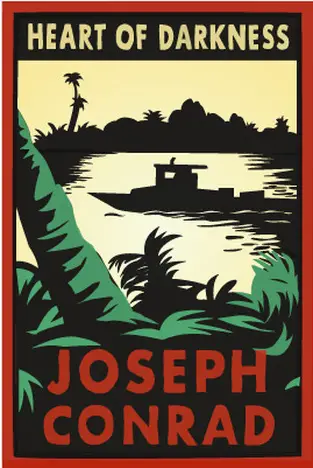
English wasn’t Conrad’s first or second language, so there’s certainly something to be said about writing books in a language you’re least proficient in—I tried considering that as I tore through this incredibly dense tale of colonialism. What the book lacks most is any kind of coherent sequencing, and most of what you do understand will only be complicated by Conrad’s penchant for monotonous, long-winded sentences. It doesn’t help that he prolongs a steamboat journey in the exposition—that is already too long, be honest—to an unfulfilling ending. There’s so much action in the book that gets drowned by irrelevant imagery.
The only good thing that ever came out of this book was “Apocalypse Now.”
2. “Ethan Frome” by Edith Wharton
If there’s any lesson to be learned from this book, Wharton taught us—in the most melancholic way possible—that we shouldn’t ever drive our sleds into trees.

“Ethan Frome” is one of the coldest, quietest literary experiences you’ll ever have. I imagined this whole book, especially the characters, in bleak monochrome. Zeena is a miserable, passive-aggressive mess and Ethan is that perpetually sad friend who always saps dry any feel-good atmosphere—steer clear of this man at all costs if you want your party lit AF.
I spent a majority of the book just wanting Ethan to do something. Anything. Become an engineer like he wanted. Spar with Denis Eady for Mattie’s heart. Leave Zeena if he was so fucking miserable! Ethan has a long list of wishes that he could have very well made come true, but his fainthearted, noncommittal side hardly lets him confront his wife. Don’t believe those claims that Ethan is a tragic hero. He’s just tragic.
Unlike “Apocalypse Now,” the film counterpart of “Ethan Frome” doesn’t do anything to help its terrible source material. Liam Neeson may have been able to save his daughter every time she was abducted, but “Ethan Frome” needed more help than that.
3. “Walden” by Henry David Thoreau
“Walden” is too long for no good reason. Even after reading all of those pages, you’re still left with the same dim impression of whatever simple life Thoreau tries to recount.
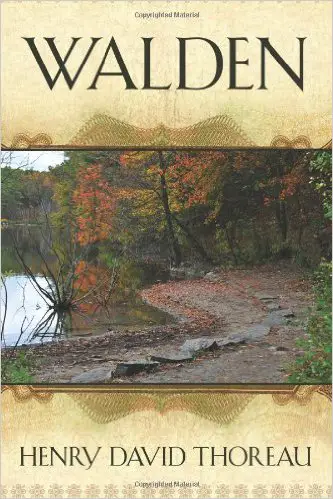
The story is Thoreau’s reflection on a two year-long pseudo-sabbatical in a home—made by his own hands for a whopping $29!—at Walden Pond. Like a hackneyed version of “Snow White,” “Walden” focuses on images of nature and Thoreau’s imposition on them, but the story seems more of an account on Thoreau’s psychotic break than a nature field guide. Thoreau watches Mother Earth from his window like a Peeping Tom, and sometimes you’d swear he’d love to have his way with her. “Walden” is the result of some serious cabin fever.
Thoreau is eerily similar to Joseph Conrad in his writing style, as neither man would write anything in 10 words if they could use 100 instead—no one needs a page of description about the sunset. “Walden” would’ve been better off as a picture book.
4. “Waiting for Godot” by Samuel Beckett
There’s really nothing to talk about here because nothing happens. Literally. Nothing happens. Godot doesn’t come. Nobody goes anywhere. In fact, nothing happens twice. The whole play is a drawn-out waiting game, and the most interesting thing the characters do is eat carrots.

For two long, grueling acts, readers wait for Godot, too. We never even find out who Godot is, what he does or why it’s so important that Vladmir and Estragon wait for him—those two become so bored with waiting that they resolve to commit suicide, but chose not to, and go back to waiting.
After the initial cynicism wore off, I couldn’t help but feel cheated of my time. My professor recommended watching an online performance rather than reading this, but I recommend just pulling a “Fahrenheit 451” and burning the shit out of this play.
Don’t bother even using Sparknotes for this. Just remember that nothing happens.
5. “My Antonia” by Willa Cather
I read (okay… Sparknoted) “My Antonia” twice, and I still hardly know what it’s about. The only thing that I really remember about this book is how many times Cather had to remind the readers that Antonia was an immigrant. Talk about undermining the reader’s intelligence.
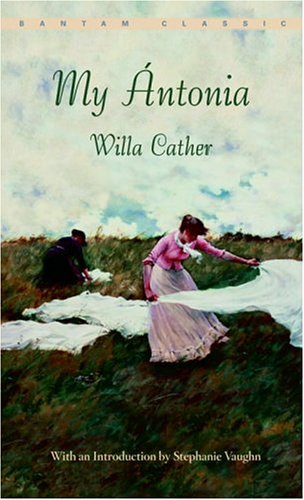
“My Antonia” is a time-consuming read for a book that isn’t even rewarding at the end. On top of that, there are so. Many. Characters. Y’all… Antonia has ten children and Cather gives them all names—something like Dasher, Dancer, Prancer, Vixen, etc.
I wouldn’t really know because I never actually read the book. They’re minor characters at best, but there are so many people to keep track of in the book that I barely remembered the main cast. If Antonia wasn’t the titular character, I would’ve long ago lumped her in with everyone else.
If you really want to know about life on the American frontier, refer to something else. There are much better places to spend your time than on a dreary Nebraskan prairie.


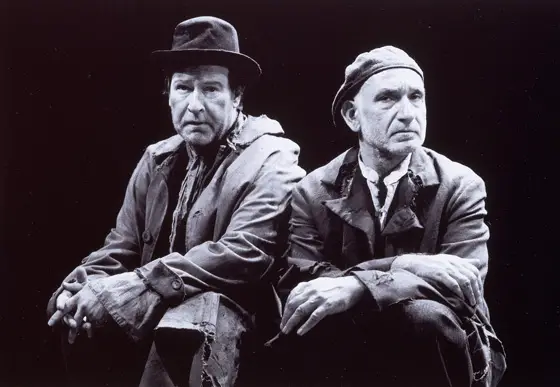



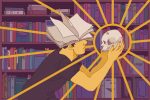





I’d take this more seriously if the one book of which you seem to approve wasn’t a junior high requirement.